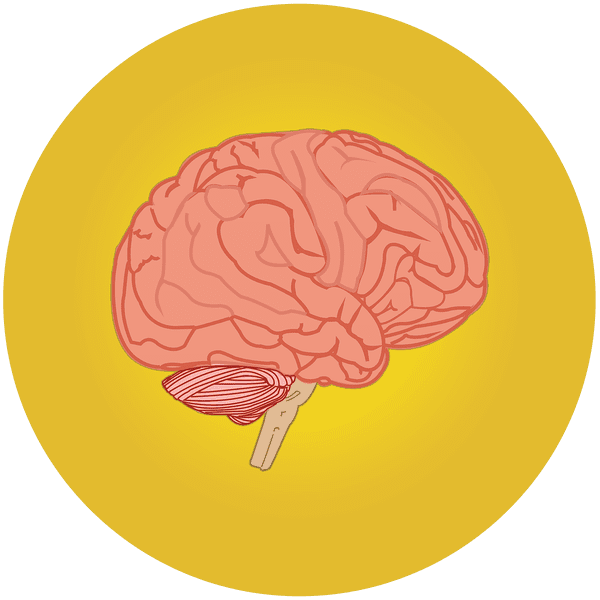It is extremely rare for the main root of eating disorders to be unuusal eating habits.
Eating disorders are often not about food but rather emotional pain residue of trauma or internal discomfort with self.
· The cause can be unknown trauma or unresolved trauma.
It is important to acknowledge and assess trauma and possible Post Traumatic Stress Disorder (PTSD), including higher rates of anxiety disorder, when working with women and men with eating disorders.
Anorexia nervosa is defined within the body-image framework is one type of eating disorder is a system of developmental deficits that lead to a fragmentation of self, poor emotional awareness, and body image distortions (Bruch, 1962).
When looking through Bronfenbrenner’s bio-psycho-social paradigm, anorexia nervosa is often visible through a different lens and description. Through the bio-psycho-social paradigm, anorexia is a disturbance in the way one’s body weight or shape is experienced (American Psychiatric Association, 2013) as measured by body dissatisfaction or actual distortion of how one see’s oneself visually (Zucker, et al 2013)
A connection between eating disorders and trauma identification occurs through research (Brewerton, 2007). Anorexia nervosa and trauma may not always have a connection but it is also important to acknowledge family generational patterns. Often, family generational trauma may be unknown and will influence the current individual based on genetic and biological factors. For instance, if a family member experienced rape, sexual assault, neglect, or physical assault, these factors can influence the individual due to genetic and biological factors that continue to the next generational line unknowingly.
Childhood sexual abuse has been a risk factor for eating disorders but also the interpersonal trauma that may result from any form of sexual assault, sexual harassment, physical abuse and assault, emotional abuse, neglect, teasing, or bullying (Brewerton, 2007).
Eating disorders, including anorexia nervosa, can include the high rate of dissociation or behavior that women and men do that distract themselves from any unwanted thoughts, emotions, or memories that may trigger the negative event in their life. This can also be thought of through the lens of trauma for women who survived trauma and perceive to look at their body as not their own but a body for other’s due to the violation they have experienced (Lester, 1997).
Anorexia Nervosa is one type of eating disorder. Often, anorexia nervosa is a man or woman’s attempt to have some control in their life, particularly if they have faced negative events, including emotional, physical, or sexual assault in their life. It is often may be an attempt to reduce the fear of reliving an event or having to process the emotional outlet of events. Often, many women and men may go through anorexia nervosa in silence until their ongoing or sudden decrease in weight is obvious to loved ones and friends.
American Psychiatric Association. (2013). Diagnostic and statistical manual of mental disorders: DSM-5 (5th ed.). Washington, DC: Author.
Bruch, H. (1962). Perceptual and conceptual disturbances in anorexia nervosa. Obstetrical & Gynecological Survey, 17(5), 730–732.
Brewerton TD. Eating disorders, trauma, and comorbidity: focus on PTSD. Eat Disord 2007; 15: 285–304
Lester, R. J. (1997). The (dis)embodied self in anorexia nervosa. Social Science & Medicine, 44(4), 479–489. doi:10.1016/S0277-9536(96)00166-9
Zucker, N. L., Merwin, R. M., Bulik, C. M., Moskovich, A., Wildes, J. E., & Groh, J. (2013). Subjective experience of sensation in anorexia nervosa. Behaviour Research and Therapy, 51(6), 256–265. doi:10.1016/j.brat.2013.01.010


